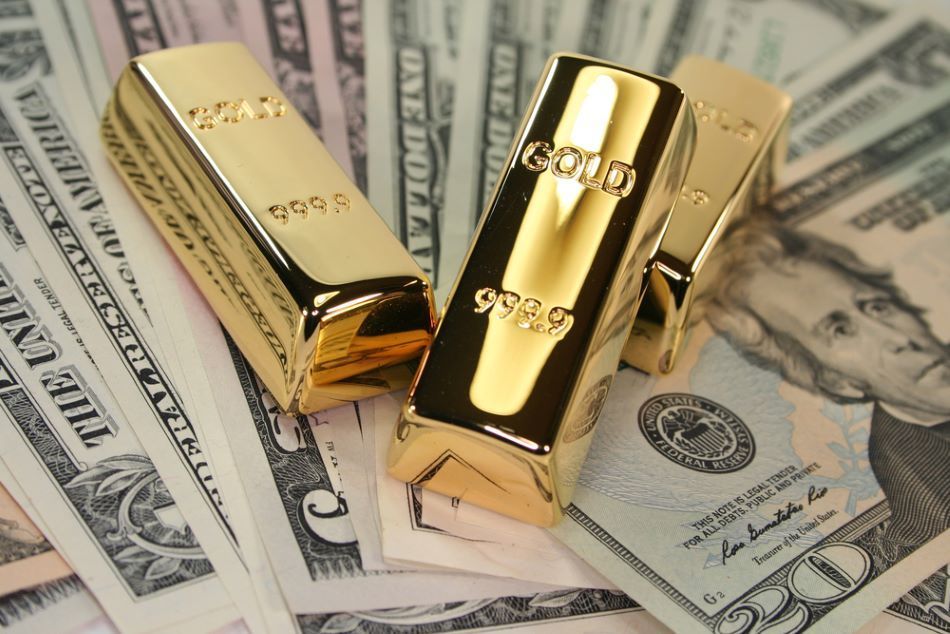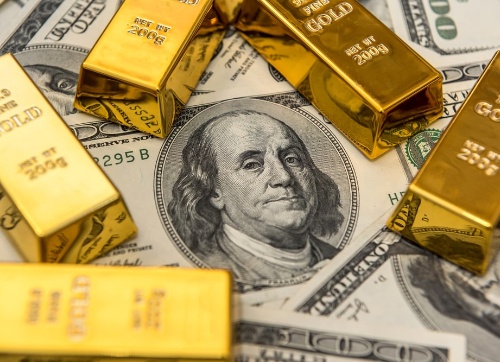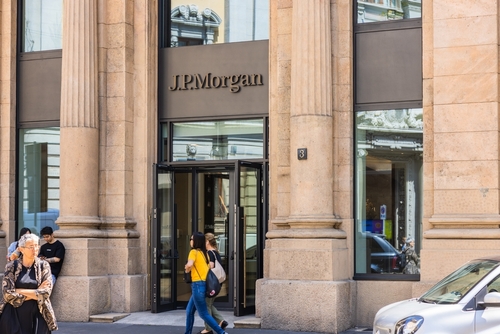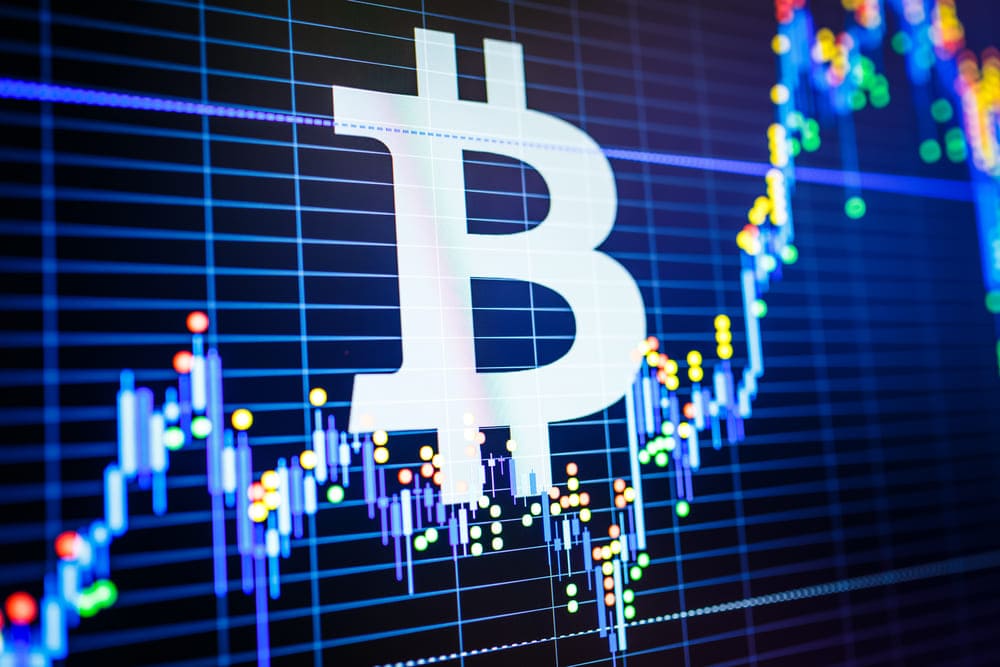[Reuters Analysis] Gold buyers dodging bubbles may be blowing one: Mike Dolan


By Mike Dolan
LONDON, Oct 14 (Reuters) - Some investors may be buying gold to dodge the next bubble, whether that be overheated tech stocks, rising government debt or even elevated inflation. But what if the scramble for gold itself is the real bubble?
The 56% rise in gold XAU= so far this year has been remarkable mainly because it's coincided with a steep rebound in U.S. and global stocks since April.
Global trade fears and geopolitical risks may reasonably have explained the surge in demand for physical gold as a safe haven or diversification tool immediately following Donald Trump's return to the White House in January. But the bullion boom has continued even as stock markets have recovered sharply from the April lows and uncertainty gauges have eased somewhat.
To be sure, lax global fiscal and monetary policies - including threats to the independence of the Federal Reserve and other central banks - have also boosted global inflation concerns, weighing on real interest rates and flattering the zero-yielding precious metal.
And there's the fairly open desire of the Trump administration to weaken what it sees as an overvalued dollar. But determining whether a gold rally has gone too far is tricky. Unlike stock valuations, which are pretty straightforward, there's no consensus view on how to value gold.
So gold has more than doubled in five years and is up over 250% in the past decade. When is that too much?
What's not in doubt is that almost everyone still appears bullish - the sort of behavior often associated with bubbles. And that fact alone may be a good reason for investors to be skeptical about what happens next.
Even as gold has clocked a new record of $4,100 per ounce this week, Goldman Sachs expects another 20% rise by the end of next year, Societe Generale sees gold's ascent to $5,000 as "increasingly inevitable," and JPMorgan's team says its long gold position is one of its "strongest conviction cross-asset views".
But if everyone is loading up on gold and its gains correlating with high-octane stocks, you may reasonably start to be wary of its diversification properties. Could gold still perform if equities went into tailspin for some reason?
PEAK 'TRENDINESS'?
Without accepted valuation metrics, just like all commodities, the thrust of the bullish forecasting rests on supply and demand.
And this is driven by continued buying of the metal by diversifying central banks and exchange-traded gold funds that are drawing more mainstream investors seeking more varied hedges than increasingly worrisome long-term government bonds.
As central bank demand appears more structural and steady-paced, forecasters continue to factor it in going forward even as prices race higher in anticipation. What's not clear is where that demand ends.
Private investor demand is more puzzling. While global asset managers polled by Bank of America every month saw "long gold" as the second most crowded trade in September after U.S. megacap tech stocks, more than a third had no gold positioning at all and the weighted average allocation of those who did was just 4.2%.
And yet, three things about the parabolic rise in gold prices are starting to gnaw at the edges - the sheer speed of the move, a creeping disconnect from uncertainty gauges and a detachment from relative real interest rates and the dollar.
JPMorgan points out that gold's recent surge has outpaced what would typically be implied by falling one-year real interest rates - based on the idea that lower real returns in other "safe" assets make gold a more attractive alternative.
It thinks that gap can be explained by the physical demand argument and suggests buying any real-rate-related pullback.
But both JPMorgan and HSBC do raise a flag about what happens if the presumed Fed terminal interest rate for this current cycle were to creep higher.
As inflation expectations tick higher, the gold surge last quarter comes as the market's implied Fed terminal rate fell almost 50 basis points over the three months to less than 2.9%. But that's ticked higher in recent weeks - helping the dollar - and aided by political surprises in Japan and France.
Notwithstanding last Friday's U.S.-China trade jolt, economic policy and geopolitical uncertainty indices have also fallen since midyear. But gold has barely paused for breath. HSBC says an easing of global military or trade tensions through next year could eventually be a drag on prices.
And it's likely the momentum and technical price picture of the latest move could trip it up even sooner.
Deutsche Bank's team say September-October may have seen a "peak in trendiness" - where their indicators show prices exceeding trends for far longer than average.
No one wants to call a top, it's true. But they're all watching out for a slippery slope too.
The opinions expressed here are those of the author, a columnist for Reuters
-- Enjoying this column? Check out Reuters Open Interest (ROI), your essential new source for global financial commentary. Follow ROI on LinkedIn. Plus, sign up for my weekday newsletter, Morning Bid U.S.
Gold keeps rising even as economic uncertainty gauges ebb
Gold keeps rising as geopolitical risk indexes retreat
Gold and stocks rocket as real rates ebb
JPMorgan chart on gold outpacing drop in one-year real yields
Fed rate horizon plunges and then creeps back higher
HSBC chart on gold and global trade flows
Deutsche Bank chart on gold price trends








